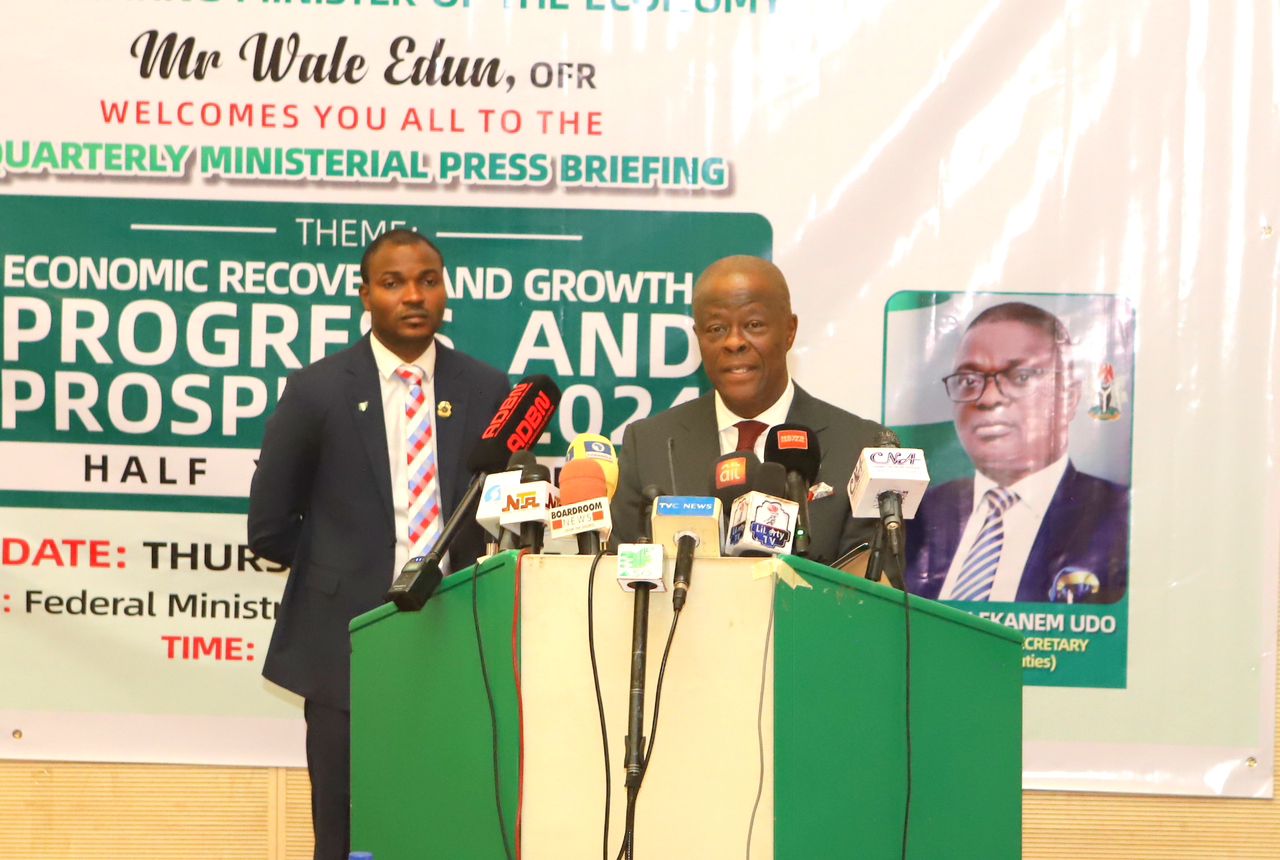Business
Just in: Old Notes: No Extension, January 31st Deadline Stands- Emefiele Insists

…..increases benchmark interest rate to 17.5%
The Central Bank Of Nigeria, CBN, Governor Godwin Emefiele has reaffirmed that the January 31st deadline for the old Naira Notes stands, as there will be no extension.
The CBN’s MPC also voted to keep the asymmetric corridor at +100 and -700 basis points around the MPR
The Central Bank of Nigeria CBN, Tuesday raised its benchmark lending rate to 17.5 per cent to sustain the current policy to further rein in inflation.
The CBN governor, Godwin Emefiele, announced this Tuesday at the end of the Monetary Policy Committee meeting that began Monday.
Addressing journalists at the end of the 2-day meeting of the Monetary Policy Committee (MPC) meeting in Abuja, Mr Emefiele said the committee voted to keep the asymmetric corridor at +100 and -700 basis points around the MPR, Cash Reserve Ratio (CRR) at 32.5 per cent as well as the Liquidity Ratio at 30 per cent.
It will be recalled, the CBN on October 26, 2022 had announced its plan to redesign the three banknotes. President Muhammadu Buhari subsequently unveiled the redesigned N200, N500 and N1,000 notes on November 23, 2022, while the apex bank fixed January 31 deadline for the validity of the old notes.
There have been concerns from many Nigerians over the slow spread of the three new naira notes as the January 31 2023 deadline approaches but the apex bank has insisted that the date stands.
The CBN also recently directed commercial banks to halt over-the-counter payment of the new notes and load their Automated Teller Machines (ATMs) with the redesigned naira notes to boost circulation.
The apex bank also launched a cash swap programme nationwide to enable those in the unbanked areas to exchange their old notes for new notes before the deadline.
Business
Economy Stabilizing and Positioning for Growth, As FG Exits Ways and Means Borrowing Mechanism

Joel Ajayi
The Federal Government has disclosed that it has made significant strides in its economic reforms, well on its way to achieving a step-change in the revenues of the Federal government; closely in line with the budget for 2024. The Federal Government also announced its exit from the Ways and Means borrowing mechanism.
The Honourable Minister of Finance and Coordinating Minister of the Economy, Mr. Wale Edun stated this today in his office in Abuja during the half-year review Ministerial Press Briefing with the theme: *Economic Recovery and Growth: Progress and Prospects 2024.
He highlighted successes of the Government’s reforms, citing a projected budget deficit of 4% in the 2024 Fiscal Year. He also acknowledged the temporary hardships caused by the reforms but assured that Nigerians would soon benefit from the expected outcomes as the well coordinated economic policies of the Federal Government are beginning to yield results as shown in the slowing in the rate of growth of inflation, increasing foreign investments relative to the same period in the previous year, amongst other positive fiscal yardsticks that are being noted.
The Minister informed that one of the major priorities of the President Bola Ahmed Tinubu-led Administration in the immediate term is to reduce food prices and focus on providing all the necessary support to increase local food production, given the impact of high food prices on inflation. He noted that efforts are underway to achieve this goal.
Edun emphasized the President’s commitment to the welfare of ordinary Nigerians and the Government’s efforts to ensure transparency and accountability in its social protection initiatives including but not limited to the acceleration of the direct benefit transfer programme that has now been restarted following an initial pause of the programme to improve transparency in its delivery. He mentioned that, following the resumption of payments, over 600,000 households have already received this direct transfer this week.
As part of efforts to further improve foreign exchange liquidity and to showcase the resilience of the Nigerian financial system as economic stability takes root, the Minister also announced plans for the Federal Government to issue domestic USD denominated securities of up to US$500 million, in the first instance to attract investment from Diaspora Nigerians and Nigerians with savings held abroad.
Edun acknowledged the Supreme Court’s judgment on direct payment of federation allocations to Local Government Councils, and reiterated the Government’s commitment to implementing the judgement .
The Minister affirmed that with the outcome of the first half of 2024, indeed the Nigerian economy is turning the corner; and with macro-economic stability, the economy is being well positioned for sustained and inclusive growth that creates jobs, lifts millions out of poverty, and drives domestic and foreign investments that would improve the general well-being of the average Nigerian.
-

 Featured5 years ago
Featured5 years agoLampard Names New Chelsea Manager
-

 Featured4 years ago
Featured4 years agoFG To Extends Lockdown In FCT, Lagos Ogun states For 7days
-

 Featured5 years ago
Featured5 years agoNYSC Dismisses Report Of DG’s Plan To Islamize Benue Orientation Camp
-

 Featured4 years ago
Featured4 years agoChildren Custody: Court Adjourns Mike Ezuruonye, Wife’s Case To April 7
-

 Featured3 years ago
Featured3 years agoTransfer Saga: How Mikel Obi Refused to compensate me After I Linked Him Worth $4m Deal In Kuwait SC – Okafor
-
Sports2 years ago
TINUBU LAMBAST DELE MOMODU
-

 News11 months ago
News11 months agoJubilation In Kaduna As Tribunal Upholds Ekene Adam Winner Of Reps Election
-
Featured5 years ago
Board urges FG to establish one-stop rehabilitation centres in 6 geopolitical zones
